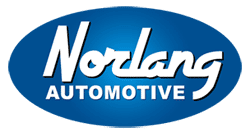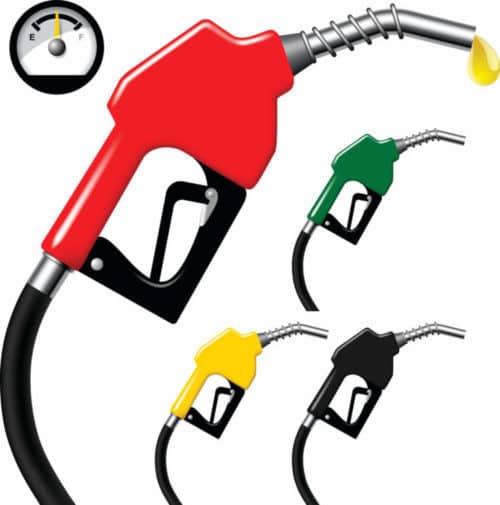In our previous article, we provided you with some tips and suggestions about refueling your vehicles. In this article, we will go into more detail about the quality of fuel you should be using and why it matters. With today’s fuel prices escalating, our Norlang Auto customers in the Lower Mainland frequently ask us whether it is worth paying that little bit extra for premium gasoline.
Quality/Grade of Gasoline
At almost every gas station you visit, you will have a choice of regular (87 octane), mid-grade (89 octane) and premium (91 – 93 octane) gasoline. Of course, the higher the octane, the higher the price will be. Higher octane, however, does not always improve engine performance, unless your car is equipped with a high-performance engine which has a higher engine compression ratio. These high compression engines need premium gasoline because this fuel can be compressed to a higher ratio without detonating. Naturally, in order to produce premium gasoline, it is necessary to create a more complex blend of chemicals, which includes alkylates and reformates, to achieve a higher octane level. Consequently, you will have to pay a little more for this blend of fuel.
Modern cars, basically most vehicles manufactured in the last decade, have much more fuel efficient and powerful engines which require or it is recommended that you use premium gasoline. The type of fuel required by your vehicle is printed inside the fuel filler door so that you or the person refueling will be sure to use the correct fuel mixture.
The Move to Premium Gasoline
Car manufacturers have been designing smaller and smaller engines that are much more fuel efficient in order to adhere to the ever more stringent government regulations regarding fuel economy. However, since most North American car buyers also prefer to buy vehicles with decent horsepower and acceleration, engines are now turbocharged or have direct injection which have higher compression ratios that require/recommend higher octane gasoline.
Adhering to Your Automaker’s Instructions
It’s important to note that if you have an older vehicle for which the manufacturer requires you to use premium gas, you shouldn’t attempt to save a few bucks by filling it up with regular since you may end up damaging your engine. Fortunately, if you drive a new car, it is most likely equipped with fuel detection systems to prevent any damage to your engine, but by using regular grade gasoline, you will most likely reduce your car’s performance and fuel efficiency. Therefore, in the long-run, it’s better just to fill-up with what is required or recommended by your automaker.
Top Tier Gasoline Revisited
Another point we brought up in our previous article is buying Top Tier Detergent Gasoline. Again, we’d like to remind you that most of the big automakers recommend this fuel since it helps keep your car’s engine free of deposit build-up. Whether your automaker recommends it or not, using Top Tier gasoline is safe and preferable.
For more information about your vehicle’s fuel system, visit us, call us at 604-888-8681 or book an appointment online now.

